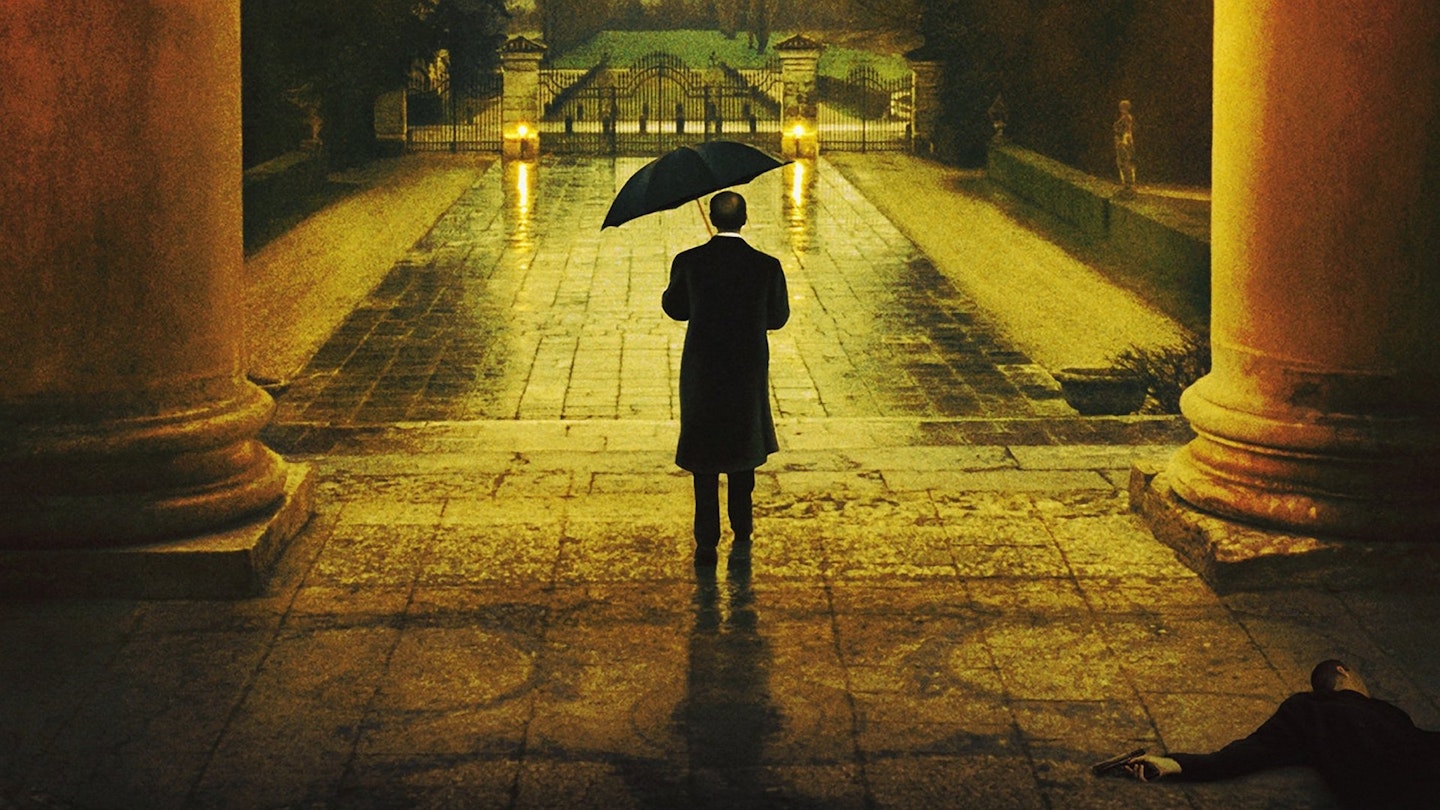No wonder police agencies across the world can't trap Patricia Highsmith's villainous anti-hero, Tom Ripley. One minute he's Dennis Hopper (The American Friend); the next, Alain Delon (Plein Soliel). He goes to ground as Matt Damon (The Talented Mr. Ripley), only to reappear a few years later as John Malkovich (Ripley's Game). Even master of disguise Sherlock Holmes couldn't keep up with this chameleon-like behaviour.
The fact that Highsmith's Ripley novels have kept returning to the screen over four decades surely says something about the fascinating nature of the character. It's also worth noting that the films have all been made by European directors (in the order above, Wim Wenders, Rene Clement, Anthony Minghella and Liliana Cavani).
Although born in Texas, Highsmith relocated to Europe in the 1950s, doing the bulk of her writing in England, France and Switzerland. And there's something distinctly Europhile about Ripley's appeal - his taste for the good things in life, his love of fine art, his cold-hearted attitude to anyone who stands in his way.
Strange that he should be played predominantly by American actors when his Stateside cousin in intellectual evil - Hannibal Lecter - has been played by two Brits.
Seen in this manner, Malkovich is perhaps the best, most chillingly precise Ripley to date. His performance is definitely the prime reason to see the film (whose plot also formed the basis of Wenders' The American Friend). Malkovich is a master at projecting high intelligence undercut by a heart of stone; it's a trait that has been there from Dangerous Liaisons, right up to (albeit in a wilder mode) Johnny English.
This Ripley is devoid of conscience, willing to exploit another man's terminal illness and destroy the goodness within him simply on a whim. Early on we see that Ripley is a ruthless killer, but it's his intellectual viciousness, as he puts his 'game' in motion, that's truly compelling.

